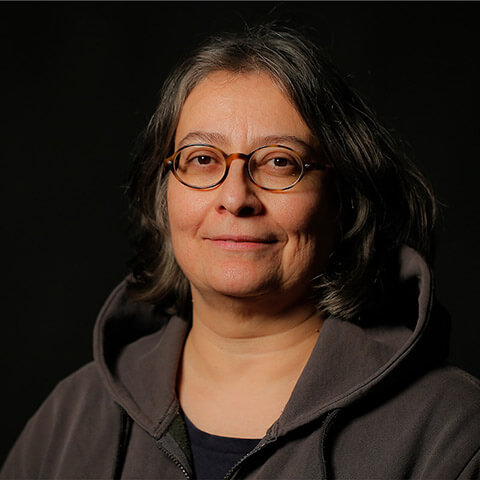About

Comparative Literature at Istanbul Bilgi University was founded in 1996, as the first of its kind in Turkey. Based on a transnational understanding of literature, the discipline focuses on the phenomenon of ‘world literature’ and beyond. It is enriched by sociology, history, philosophy and other humanities fields, by other artistic expressions and cultures; it operates on a multi-layered area of study with plenty of freedom for its scholars. Our faculty’s work in both literature and neighbouring fields reflects the department’s interdisciplinary approach, its progressive attitude, and the freedom ‘comparatists’ have to bring their various interests into their studies.
Our students are introduced to the department’s pluralist and eclectic model early on in their study. In History of Western Civilisation, which forms the bedrock of the curriculum, the development of human consciousness, individualism and literature is followed alongside social events, is treated as a ‘social event’. Art and music appreciation courses, exclusive to our students, bring further context to this foundation. Text analysis and critical theory courses are designed to give students competence in the practice of literature. Students are introduced to many genres across the entirety of literature, from mythology to ancient texts, from sonnets to dramatic works, from literary classics to contemporary examples; and they are given the opportunity to analyse and discuss these works.
Comparative Literature students can utilise their knowledge and vision in their academic career, or work as an editor, translator, author, copywriter in professional fields both related and unrelated to study of literature. Our students today work in arts and culture organisations and institutions, in advertising and media, in NGOs and think-tanks.
Our department is a partner of the department of Comparative Literature at Harvard University and an affiliate of the Institute for World Literature. The annual meeting of the Institute takes place over one month in the summer at an affiliate university, the most recent ones being at Copenhagen and Tokyo. Bilgi was a host of the Institute in 2012. Harvard welcomes the Institute every three years. Each year, one student and one faculty member is allowed to attend the Institute.